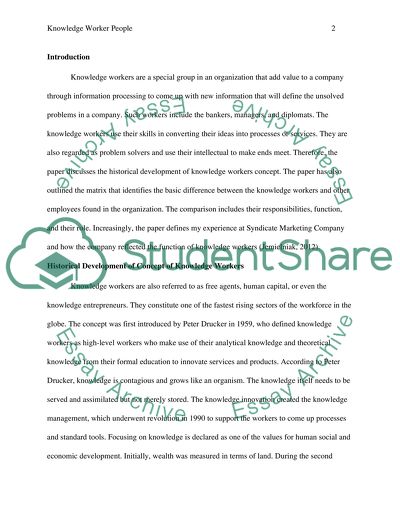Cite this document
(The Development of Knowledge Workers Concept Term Paper, n.d.)
The Development of Knowledge Workers Concept Term Paper. Retrieved from https://studentshare.org/human-resources/1657693-knowledge-worker-paper-terence
The Development of Knowledge Workers Concept Term Paper. Retrieved from https://studentshare.org/human-resources/1657693-knowledge-worker-paper-terence
(The Development of Knowledge Workers Concept Term Paper)
The Development of Knowledge Workers Concept Term Paper. https://studentshare.org/human-resources/1657693-knowledge-worker-paper-terence.
The Development of Knowledge Workers Concept Term Paper. https://studentshare.org/human-resources/1657693-knowledge-worker-paper-terence.
“The Development of Knowledge Workers Concept Term Paper”, n.d. https://studentshare.org/human-resources/1657693-knowledge-worker-paper-terence.


